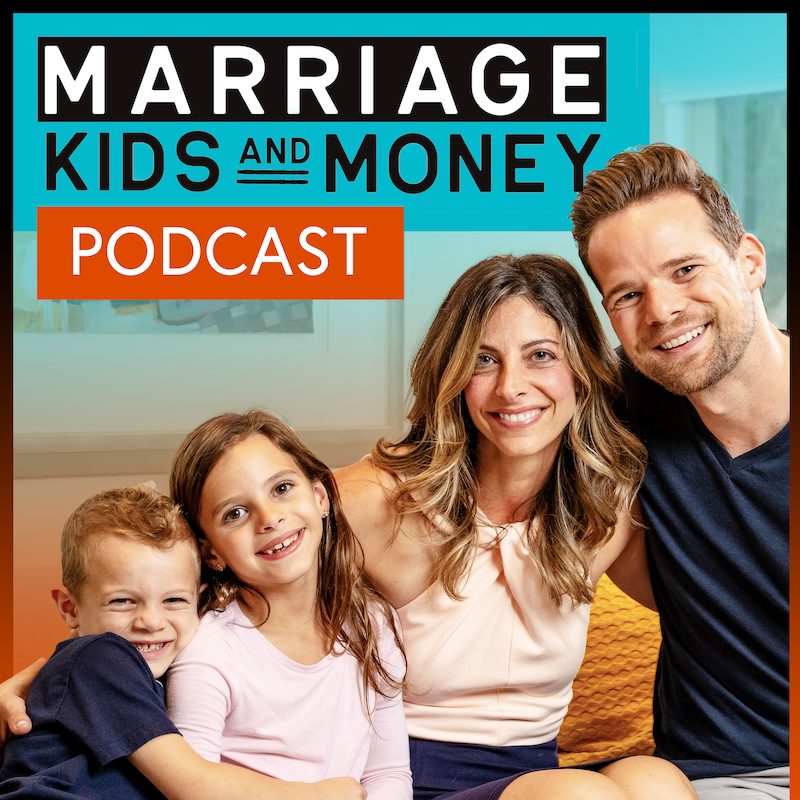Money secrets of the ultra-wealthy are teased all over social media. Instagram, Facebook, TikTok, you name it, and someone is promising to share how the wealthiest people make their money. One of the commonly mentioned “secrets” is indexed universal life insurance.
After seeing a few of these posts, you may find yourself wondering what indexed universal life insurance is and if it’s worth it or not.
We sat down with financial advisor and TikTok content creator Tyler Gardner for the truth about this supposed wealth-building secret. Join us to learn more about indexed universal life insurance and find out who exactly might benefit from this product.
What is indexed universal life insurance?
Indexed universal life (IUL) insurance is a type of permanent life insurance. That means that there are two parts to it: a death benefit and a cash value. The cash value is tied to a market index, and the gains are tax-free.
It is important to remember, though, that the cash value grows, but there are also fees deducted from it. Additionally, the growth happens because you are continually paying premiums into the policy. These premiums go toward the death benefit and the cash value.
A short history lesson in insurance
Tyler says that understanding why IUL was created is helpful to assess whether or not it is a worthwhile investment.
He says that it was created to take advantage of market growth. As consumers got more familiar with the idea of market indexes, the industry realized that they could use this to sell a product.
IULs are often marketed as a product that takes advantage of market growth (which many of us know and love!) with no downside. In fact, many IUL policies are sold as having a “zero percent floor”.
Tyler is quick to point out that the floor isn’t truly 0%. If the market index, like the S&P 500, has a negative return for the year, your 0% sinks even lower when yearly premiums and commission fees are factored in.
How does IUL change over the course of someone’s life?
As is almost always the case with any type of life insurance, the cost of life insurance increases as you get older.
Tyler points out that “the majority of permanent life insurance policies get increasingly expensive.” In fact, he says that after you turn 50, it is not unreasonable to see your policy go up 8% to 10% each year.
It’s important to keep the rising premium costs in mind. Though consumers are often told that there is a zero percent floor with this product, you can actually lose money. Tyler says that as your premium increases, if the market doesn’t consistently yield a positive return, you are still losing money.
What fees are associated with indexed universal life insurance?
Increasing premium costs are not the only expenses related to indexed universal life insurance. There are other fees that come with investing in this product. If you are interested in IUL, you need to be clear about the fees.
Tyler says that the industry standard in finance is to pay about 1% for a financial advisor. A good advisor will disclose the fees and then you can decide whether to work with them or not. However, Tyler says that fees are often very hidden when it comes to insurance products.
Commission and administrative fees of IUL
Initially, there is a commission fee. Sometimes, agents collect up to 90% of the initial premiums as a commission charge. There are also administrative fees, which cover the costs that go with implementing and running an insurance company. Administrative fees are common with many insurance and investing products. These administrative fees shouldn’t necessarily deter you from IUL; however, you do want to ask about them!
Other fees associated with indexed universal life insurance
Since this is a type of life insurance, there is also a mortality fee. This fee covers the cost of an unexpected death. That means that if you die earlier than usual, the insurance company bakes a fee into the cost of your policy to cover having to make a payout sooner than anticipated.
Finally, many of these policies have surrender fees. Tyler says that sometimes these fees are called “quitter fees”. If you decide the product isn’t right for you and want to quit it, the companies charge you a fee to get out of the policy. The surrender fee generally decreases over the first decade. This window of time makes it more likely that people will keep paying their premiums, so the insurance company has a chance to hang onto your money longer so that they can pay it back.
Just because an insurance product or an investment product comes with fees doesn’t mean someone should avoid it. Instead, people need to ask what fees come with the product and how much they cost. Tyler encourages everyone to look at the aggregate fee structure before purchasing indexed universal life insurance.
Is indexed universal life insurance worth it?
While IULs are often fairly criticized as being problematic and costly, Tyler says that there is a particular type of person who would benefit from an IUL.
First, he says the easiest way to know whether or not you should invest in one is whether or not you know what an IUL is. He says that if you can’t explain what an index is, you likely shouldn’t be investing in one–an IUL or through index funds.
(If you want to learn more, check out our crash course on all things index funds!)
However, if you are a high-wealth individual who has already built a solid financial foundation, an IUL can actually be a good choice.
Some of the steps you should take before investing in an IUL include:
- Paying off high-interest debt
- Building an emergency fund
- Getting your company match in a 401k
- Maxing out your Roth IRA
- Maxing out your 401k
- Contributing to an HSA
If you have already done these things, then an IUL might be a good fit. Generally, when someone is a high net worth individual, you can cover the cost of premiums, even if they increase from year to year. You can also accumulate the appropriate cash value to make it worthwhile. At this point, the features of an IUL can become a tax strategy for some people.
However, Tyler emphasizes that if you only accumulate the bare minimum, you can’t build wealth.
Final thoughts on indexed universal life insurance
Though IULs are often shared as a wealth-building strategy of millionaires, the truth is that indexed universal life insurance policies probably make the most sense for people who are already wealthy.
It can be a slow grind to a positive net worth, and the strategies don’t often make the 10-second hook on social media videos. For many young families who are looking to build wealth, starting with budgeting and increasing your income is likely the right step. Then, you can layer on things like building an emergency fund and investing in low-cost index funds in your Roth IRA.
Once you build a significant net worth, then you can start to weigh the pros and cons of IULs and decide if indexed universal life insurance is right for you.
Have you heard of indexed universal life insurance? Do you think it might be right for you?
Please let us know in the comments below.


